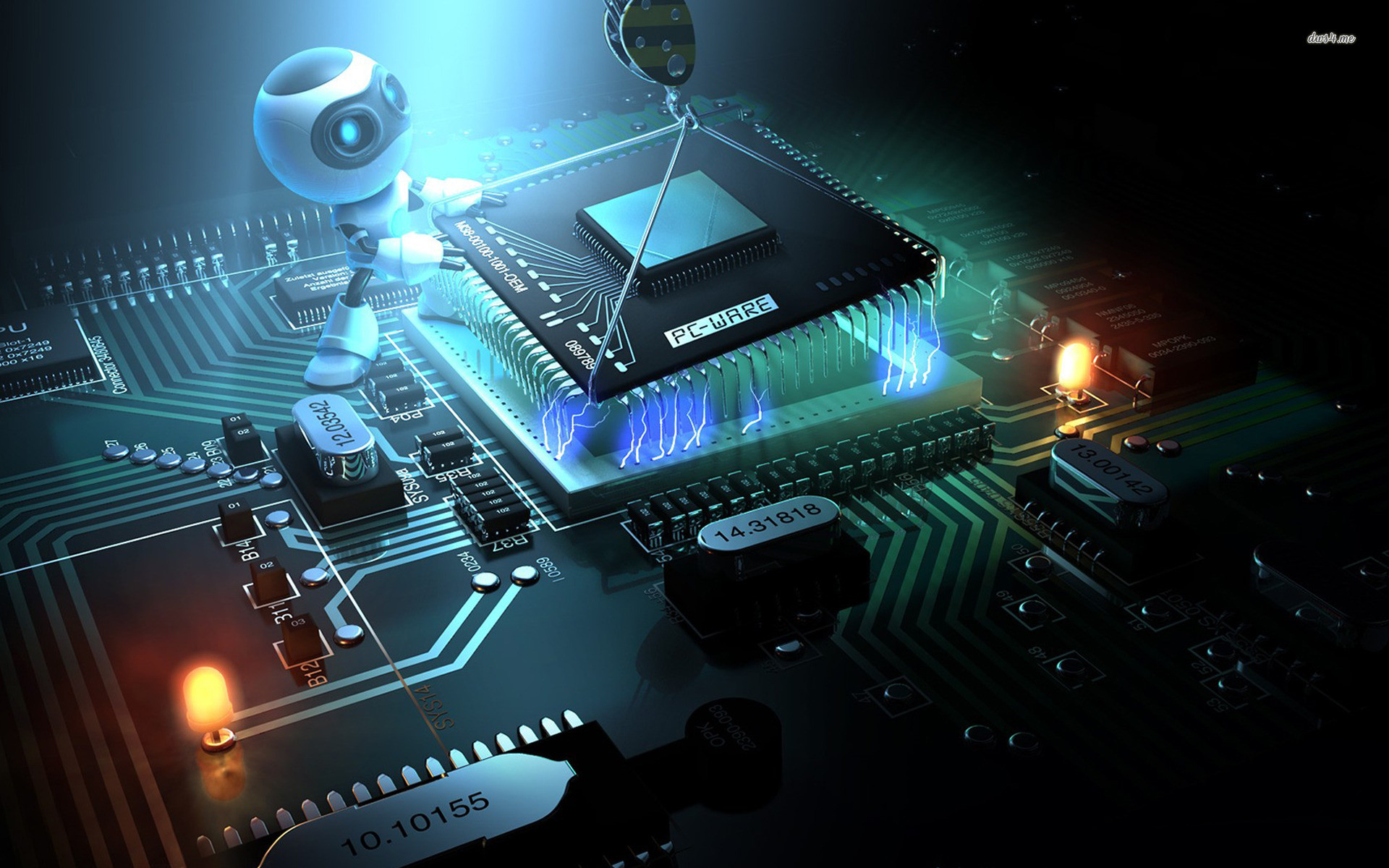
The Game-Changer: Revolutionizing HR with Human Resource Management Software

Welcome to the future of human resource management! In today’s fast-paced business world, the effective management of human resources has become the cornerstone of success for small and medium-sized enterprises (SMEs). Gone are the days of complex spreadsheets and piles of paperwork – AI HRMS is here to revolutionize the way businesses handle their HR processes.
Human Resource Management Software, commonly known as HRMS, is a cutting-edge platform that harnesses the power of artificial intelligence to streamline and automate various HR tasks. With AI HRMS, SMEs can bid farewell to time-consuming and error-prone manual processes, allowing them to focus on what truly matters – their people.
Designed with the unique needs of SMEs in mind, AI HRMS promises efficiency, accuracy, and ease of use. From recruitment and onboarding to employee data management and performance evaluation, this groundbreaking software is a game-changer in the HR industry. By centralizing all HR functions onto a singular platform, businesses can expect increased productivity, reduced administrative burden, and ultimately, a happier and more engaged workforce.
Join us as we embark on this journey into the world of Human Resource Management Software. Discover how AI HRMS is transforming the way SMEs manage their human resources, and uncover the countless benefits it brings to businesses seeking to thrive in an increasingly competitive landscape. Get ready to witness the future of HR management – where innovation meets efficiency, and where the potential for growth knows no bounds.
Benefits of AI HRMS for SMEs
AI HRMS is a game-changer for small and medium-sized enterprises (SMEs), offering a wide range of benefits that streamline and enhance their human resources management practices. With its cutting-edge technology and innovative features, AI HRMS empowers SMEs to optimize their HR operations in a way that was once only accessible to larger corporations. In this section, we will explore three key benefits of utilizing AI HRMS for SMEs.
Increased Efficiency: With AI HRMS, SMEs can automate time-consuming and repetitive HR tasks, allowing their HR teams to focus on more strategic initiatives. From managing employee records and timesheets to processing payroll and generating reports, AI HRMS significantly reduces manual efforts and human errors in data entry and processing. This not only saves valuable time and resources but also ensures accuracy and consistency in HR processes.
Enhanced Employee Engagement: AI HRMS incorporates features that facilitate better employee engagement and communication within SMEs. Through self-service portals, employees can access and update their personal information, request leaves, submit expenses, and view their performance evaluations. This empowers employees with greater autonomy and transparency, boosting their satisfaction and engagement levels. Additionally, AI-enabled chatbots integrated into HRMS platforms provide quick and personalized responses to employee queries, fostering a positive and interactive employee experience.
Data-Driven Insights: One of the most significant advantages of AI HRMS is its ability to generate valuable insights from HR data. SMEs can leverage AI algorithms to analyze employee metrics, such as performance, attendance, and training records, to identify trends, patterns, and potential areas of improvement. These data-driven insights enable SMEs to make informed decisions regarding retention strategies, talent management, training programs, and workforce planning. By harnessing the power of AI HRMS, SMEs can optimize their human resources strategies and align them with business objectives.
In conclusion, AI HRMS offers unparalleled benefits for SMEs, transforming the way they manage their human resources. From enhancing efficiency and employee engagement to unlocking data-driven insights, this revolutionary software empowers SMEs to stay competitive in today’s fast-paced business landscape.
Features and Capabilities of Human Resource Management Software
Human Resource Management Software (HRMS) is a powerful tool that brings a range of features and capabilities to streamline and optimize HR processes. With its cutting-edge technology, AI HRMS is at the forefront of revolutionizing how small and medium-sized enterprises (SMEs) manage their human resources.
Efficient Employee Data Management: HRMS simplifies the task of managing employee information by providing a centralized database. This database stores and organizes data such as employee profiles, contact details, employment history, and performance records. The software allows HR professionals to easily access and update this information, eliminating the need for physical files and significantly reducing administrative workloads.
HR Management SoftwareSeamless Recruitment and Onboarding: AI HRMS automates the recruitment process, making it faster and more efficient. The software streamlines job postings, applicant tracking, and resume screening, enabling HR teams to identify suitable candidates quickly. Once hired, HRMS facilitates smooth onboarding with automated documentation and orientation processes. This ensures that new employees feel welcomed and get up to speed faster.
Time and Attendance Tracking: HRMS comes equipped with advanced time and attendance tracking capabilities. It integrates with biometric systems or allows employees to clock in and out using their mobile devices. This automated tracking ensures accurate record keeping, minimizes errors, and saves valuable time for both HR staff and employees. It also provides insights into attendance patterns, helping businesses enforce attendance policies effectively.
The features and capabilities of HRMS are undoubtedly game-changers for SMEs, enabling them to streamline HR operations and maximize productivity. By leveraging this cutting-edge software, businesses can optimize employee management, improve efficiency, and ultimately drive their success in today’s competitive landscape.
Implementation and Adoption Challenges of HRMS
Implementing and adopting Human Resource Management Software (HRMS) can come with its fair share of challenges. However, overcoming these hurdles is crucial for organizations looking to streamline their HR processes and maximize efficiency.
Firstly, one of the primary challenges faced during HRMS implementation is resistance to change. Many employees may be accustomed to traditional HR practices and may initially find it difficult to adapt to the new technology. Effective change management strategies, such as clear communication, training programs, and continuous support, are essential to help employees embrace the HRMS platform and alleviate any concerns they may have.
Secondly, ensuring data accuracy and security in the HRMS system is another challenge organizations must tackle. As HRMS involves the storage and management of sensitive employee information, data integrity and security become paramount. Organizations need to invest in robust security measures, such as encryption and user access controls, to protect the confidentiality and integrity of HR data.
Lastly, integration with existing systems and platforms can pose challenges during HRMS implementation. Organizations may already have various HR tools and software in place, and integrating them with the new HRMS can be complex. It requires a comprehensive understanding of the organization’s IT infrastructure and careful planning to ensure seamless integration and data synchronization.
Overcoming these challenges requires a strategic and thoughtful approach. By involving stakeholders, providing adequate training and support, addressing data security concerns, and seamlessly integrating HRMS with existing systems, organizations can successfully implement and adopt HRMS to revolutionize their human resource management practices.



